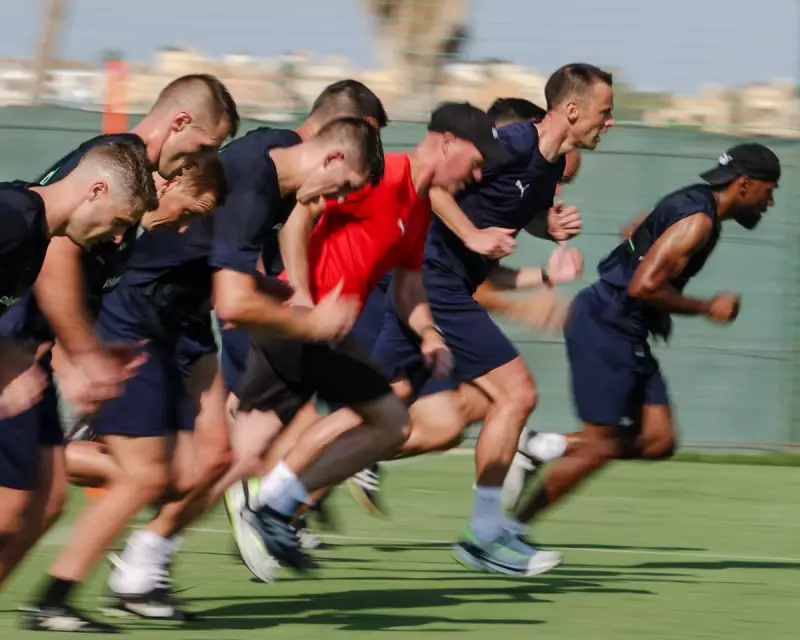
The Future of Football Refereeing: Data, Speed, and Psychology
Football refereeing is undergoing a quiet revolution, with the Professional Game Match Officials Limited (PGMOL) embracing cutting-edge technology and psychological insights to enhance decision-making on the pitch. Gone are the days when referees relied solely on experience and instinct—today, data-driven analysis and cognitive training are reshaping the game.
Speed Tests and Performance Metrics
Referees are now subjected to rigorous speed and agility tests, ensuring they can keep up with the ever-increasing pace of modern football. GPS tracking and biometric monitoring provide real-time feedback on positioning, sprint distances, and recovery times. This data helps officials optimise their movement, reducing errors caused by fatigue or poor positioning.
The Role of Sports Psychologists
Mental resilience is just as crucial as physical fitness. PGMOL has integrated sports psychologists into referee training programmes, helping officials manage pressure, maintain focus, and make split-second decisions under intense scrutiny. Techniques such as visualisation and mindfulness are now standard practice.
Nutrition as a Game-Changer
Referees are also benefiting from tailored nutrition plans, with so-called 'superfoods' playing a key role in sustaining energy levels during matches. Hydration strategies and meal timing are carefully planned to ensure peak cognitive and physical performance throughout the 90 minutes.
The Impact on the Game
These advancements are already yielding results, with fewer controversial decisions and improved consistency across matches. As technology and science continue to evolve, the role of the referee is set to become even more precise—blending human judgment with empirical data for the beautiful game.





